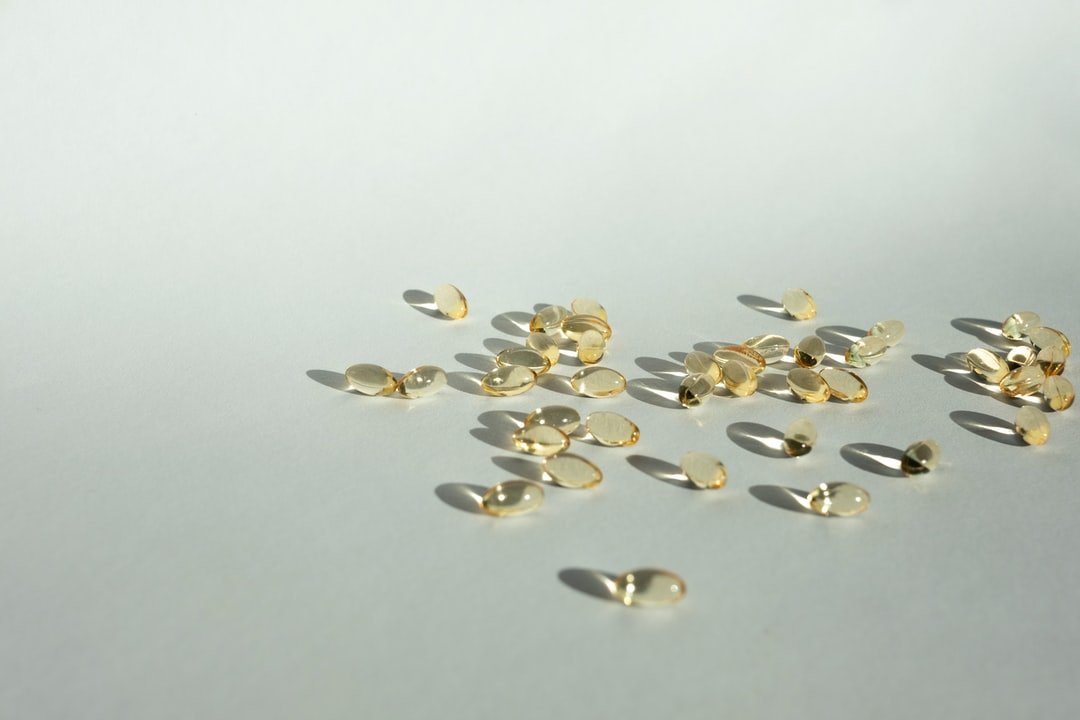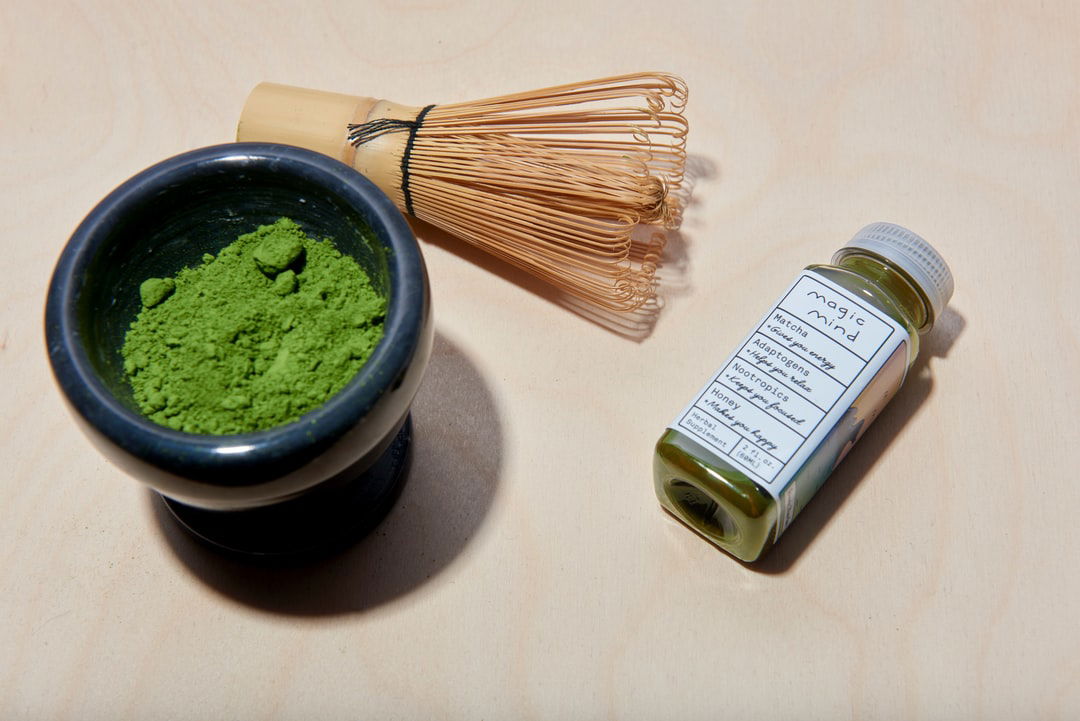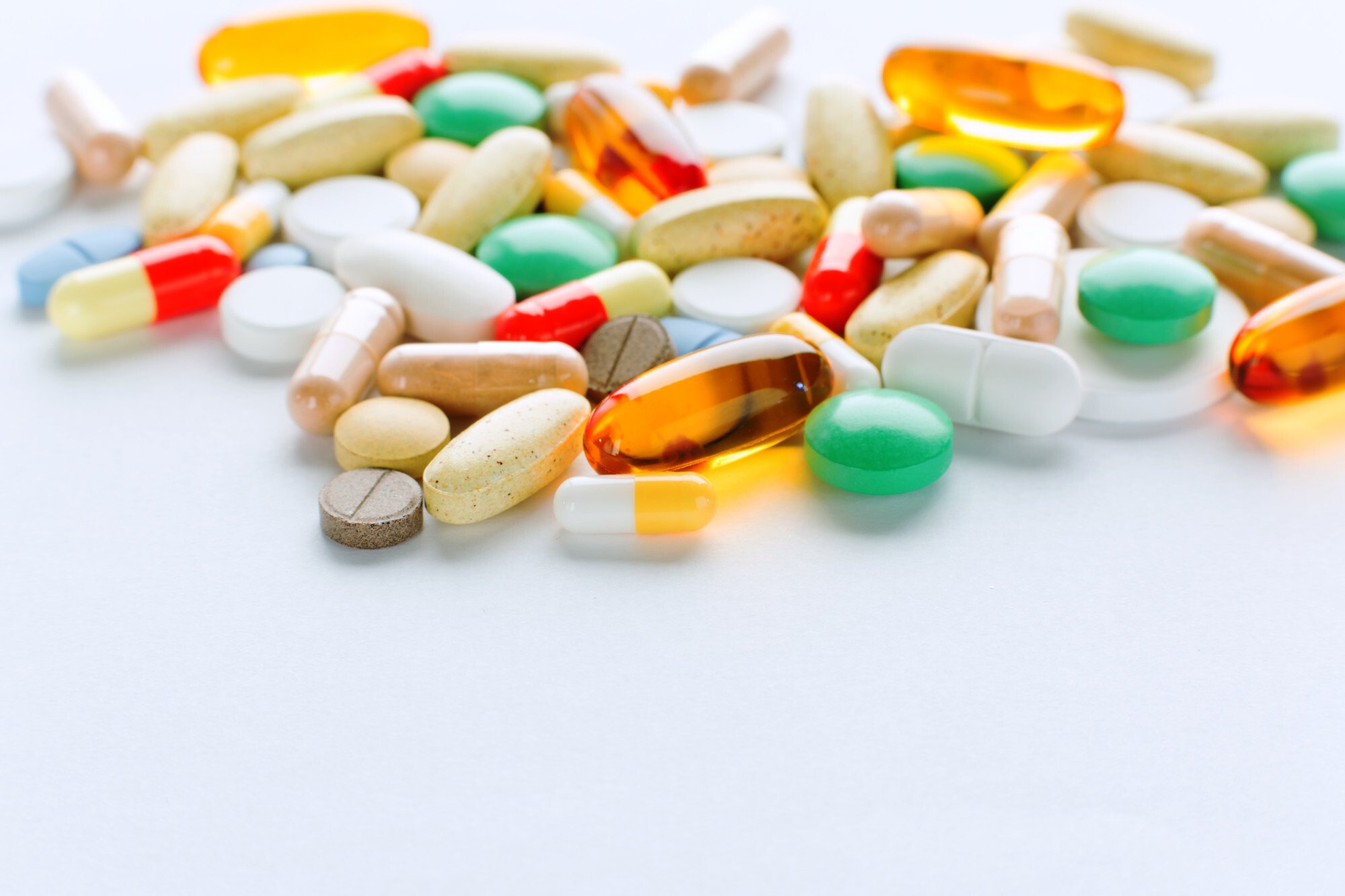
According to the latest authoritative guidance, botanical products which can only be legally regulated as medicines have the following definition: Any substance that has been standardized by a qualified professional authority to promote the preventative or therapeutic treatment of human diseases. The substances have been granted authorization for inclusion in the national plan of health acts. They also must meet the specifications of the current version of the International Nomenclature of Cosmetic Ingredients (INACI). Botanical Products which are not medicines and/or do not meet the qualifications of Health board and could not be sold as food must not be included in the list of botanicals. In addition to this requirement, the products must also comply with all other applicable federal and provincial legislation.
In order for the botanical products to be considered as medicines for the purpose of medicinal claims, they have to be approved by the U.S Food and Drug Administration (FDA). For the purposes of pharmaceuticals, member states of the European Union (EU) are also required to register the botanical products with respect to their respective countries. For the pharmaceuticals, the member states of the EU have been given the responsibility to regulate the production, processing, packaging, labeling, and sale of the medicines.
For the purpose of food supplements, the botanicals should also be derived from sources that do not contain allergens. Moreover, the preparations should be tested to confirm that there is no contamination with infectious organisms. Allergenic preparations may cause contact dermatitis. This condition may lead to an unexpected allergic reaction that could lead to serious consequences.
Visit this site: https://etanicals.us for more details on dietary Supplements.
The botanical products can also be used in the substitution of prescription drugs. Prescription drugs are synthetic products. Although botanical products do not contain any chemical substance that could be converted into a prescription drug, the preparation of the latter may still pose a risk when consumed. As opposed to prescription drugs, dietary supplements pose fewer health risks.
Some botanical products may also contain alcohol. The alcohol content in the herbal medicines is minimal when compared to that in alcoholic beverages. Nonetheless, some manufacturers may add the alcohol in the hope of selling the preparations more easily. Botanical extracts may also contain fragrance components and other chemicals that may be harmful when taken orally.
The key to detecting and preventing the adulteration of botanicals in dietary supplements lies in the quality testing of the raw materials and on the production facilities. Manufacturers should ensure that their production facilities meet the requirements of the Food and Drug Administration (FDA). In addition, these organizations should regularly test samples of various botanicals to detect any signs of potential adulteration. They also require laboratories that comply with their quality standards. The reputable Etanicals company will conduct an independent random sample collection, processing and analysis of botanical raw materials and produce reports that indicate the botanicals' levels of adulteration. Get more info related to this topic on this page: https://en.wikipedia.org/wiki/Dietary_supplement.


